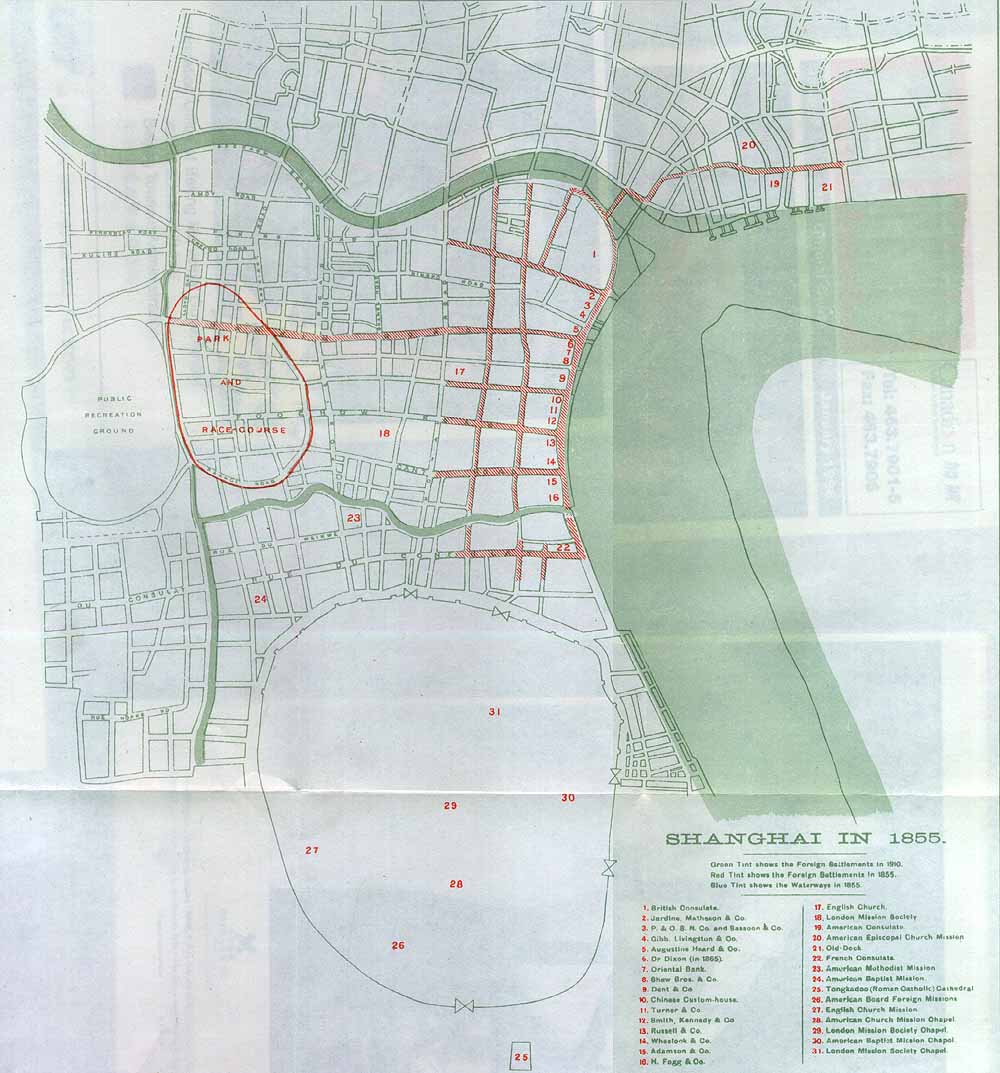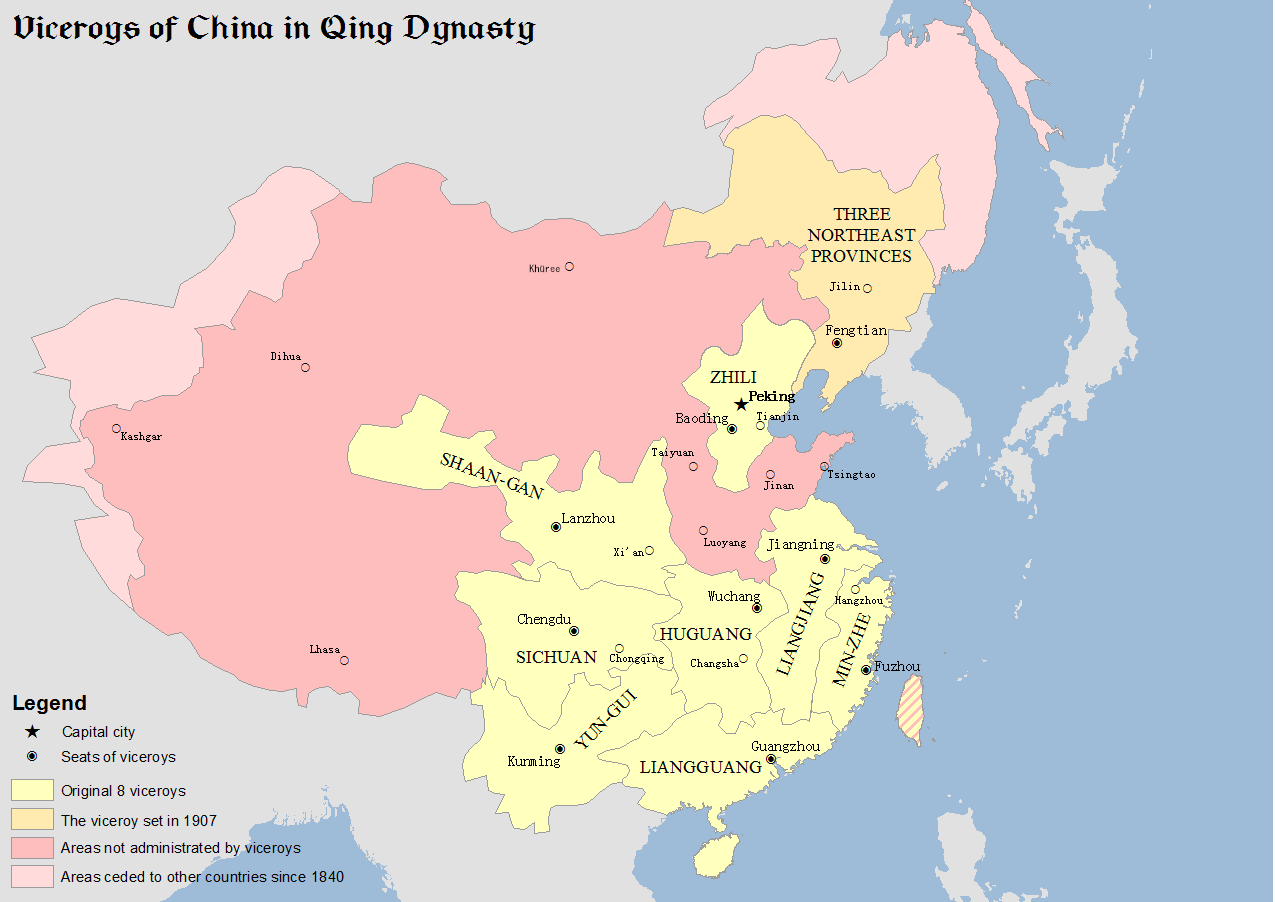|
1877 In China
Events from the year 1877 in China. Incumbents * Guangxu Emperor (3rd year) ** Regent: Empress Dowager Cixi Events * Dungan Revolt (1862–77) * Northern Chinese Famine of 1876–79 ** Shandong Famine Relief Committee was established with the participation of diplomats, businessmen, and Protestant and Roman Catholic missionaries to combat the famine * Woosung Road railway purchased and dismantled by Viceroy of Liangjiang Shen Baozhen Deaths * Gu Taiqing (Chinese: 顾太清; Pinyin: Gù Tàiqīng; 1799 – c. 1877) writer and poet, one of the top-ranked women poets of the Qing Dynasty. * Yaqub Beg, killed in the Qing reconquest of Xinjiang References {{Years in the Qing dynasty 1877 in China, ... [...More Info...] [...Related Items...] OR: [Wikipedia] [Google] [Baidu] |
Guangxu Emperor
The Guangxu Emperor (14 August 1871 – 14 November 1908), personal name Zaitian, was the tenth Emperor of the Qing dynasty, and the ninth Qing emperor to rule over China proper. His reign lasted from 1875 to 1908, but in practice he ruled, without Empress Dowager Cixi's influence, only from 1889 to 1898. He initiated the Hundred Days' Reform, but was abruptly stopped when the empress dowager launched a coup in 1898, after which he became powerless and was held under house arrest until his death by poisoning. His era name, "Guangxu", means "glorious succession". The emperor died in 1908 and it was widely suspected at the time that he had been poisoned. A forensic examination on his remains confirmed in 2008 that the cause of death was arsenic poisoning. The level of arsenic in his remains was 2,000 times higher than normal. Accession to the throne and upbringing Zaitian was the second son of Yixuan (Prince Chun), and his primary spouse Yehenara Wanzhen, a younger sister of ... [...More Info...] [...Related Items...] OR: [Wikipedia] [Google] [Baidu] |
Empress Dowager Cixi
Empress Dowager Cixi ( ; mnc, Tsysi taiheo; formerly Romanization of Chinese, romanised as Empress Dowager T'zu-hsi; 29 November 1835 – 15 November 1908), of the Manchu people, Manchu Nara (clan)#Yehe Nara, Yehe Nara clan, was a Chinese noblewoman, concubine and later regent who effectively controlled the Chinese government in the late Qing dynasty for 47 years, from 1861 until her death in 1908. Selected as a concubine of the Xianfeng Emperor in her adolescence, she gave birth to a son, Tongzhi Emperor, Zaichun, in 1856. After the Xianfeng Emperor's death in 1861, the young boy became the Tongzhi Emperor, and she assumed the role of empress dowager, co-empress dowager, alongside the Emperor's widow, Empress Dowager Ci'an. Cixi ousted a group of regents appointed by the late emperor and assumed the regency along with Ci'an, who later mysteriously died. Cixi then consolidated control over the dynasty when she installed her nephew as the Guangxu Emperor at the death of her son ... [...More Info...] [...Related Items...] OR: [Wikipedia] [Google] [Baidu] |
Dungan Revolt (1862–77) , rebellion of various Muslim ethnic groups in Qinghai and Gansu, China
{{disambiguation ...
Dungan revolt may refer to: * Dungan revolt (1862–77), rebellion of various Muslim ethnic groups in Shaanxi and Gansu, China * Dungan revolt (1895–96) Dungan revolt may refer to: * Dungan revolt (1862–77) Dungan revolt may refer to: * Dungan revolt (1862–77), rebellion of various Muslim ethnic groups in Shaanxi and Gansu, China * Dungan revolt (1895–96) Dungan revolt may refer to: * Dunga ... [...More Info...] [...Related Items...] OR: [Wikipedia] [Google] [Baidu] |
Northern Chinese Famine Of 1876–79
Northern may refer to the following: Geography * North, a point in direction * Northern Europe, the northern part or region of Europe * Northern Highland, a region of Wisconsin, United States * Northern Province, Sri Lanka * Northern Range, a range of hills in Trinidad Schools * Northern Collegiate Institute and Vocational School (NCIVS), a school in Sarnia, Canada * Northern Secondary School, Toronto, Canada * Northern Secondary School (Sturgeon Falls), Ontario, Canada * Northern University (other), various institutions * Northern Guilford High School, a public high school in Greensboro, North Carolina Companies * Arriva Rail North, a former train operating company in northern England * Northern Bank, commercial bank in Northern Ireland * Northern Foods, based in Leeds, England * Northern Pictures, an Australian-based television production company * Northern Rail, a former train operating company in northern England * Northern Railway of Canada, a defunct railway in ... [...More Info...] [...Related Items...] OR: [Wikipedia] [Google] [Baidu] |
Woosung Road
The Woosung railway ( Chinese: s , t , p ''Wúsōng Tiělù'')Also Wusong Road or Woo Sung RailwayIt is sometimes also called the Songhu railway, although that name more properly refers to the 1890s railway which ran principally along the same route. was a 19th-century, narrow-gauge passenger railway in Shanghai, China, between the outskirts of the American Concession in the modern city's Zhabei District and Wusong in Baoshan District. Surreptitiously conceived and constructed, it ran for less than a year before it was purchased and dismantled by the Qing viceroy Shen Pao-chen. The line would not be rebuilt for twenty years. This fate was a commonly invoked symbol of the Qing dynasty's backwardness and insularity, despite the road's admitted illegality and numerous legitimate objections voiced by the Chinese during its construction and operation. Its routestill primarily rural as late as the turn of the centurynow forms part of the Shanghai Metro's elevated Line 3. H ... [...More Info...] [...Related Items...] OR: [Wikipedia] [Google] [Baidu] |
Viceroy Of Liangjiang
The Viceroy of Liangjiang or Viceroy of the Two Jiangs, fully referred to in Chinese as the Governor-General of the Two Yangtze Provinces and Surrounding Areas Overseeing Military Affairs, Provisions and Funds, Manager of Waterways, Director of Civil Affairs, was one of eight regional Viceroys in China proper during the Qing dynasty. The Viceroy of Liangjiang had jurisdiction over Jiangsu, Jiangxi and Anhui provinces. Because Jiangsu and Anhui were previously part of a single province, Jiangnan ("south of the Yangtze"), they were thus known, along with Jiangxi ("west of the Yangtze"), as the two ''jiang''s, hence the name "Liangjiang" ("two Jiangs"). History The office of Viceroy of Liangjiang originated in 1647 during the reign of the Shunzhi Emperor. It was called "Viceroy of the Three Provinces of Jiangdong, Jiangxi and Henan" (江東江西河南三省總督) and headquartered in Jiangning (江寧; present-day Nanjing, Jiangsu). In 1652, the office was renamed "Viceroy of ... [...More Info...] [...Related Items...] OR: [Wikipedia] [Google] [Baidu] |
Shen Baozhen
Shen Baozhen (1820–1879), formerly romanized , was an official during the Qing dynasty. Biography Born in Minhou in Fujian province, he obtained the highest degree in the imperial examinations in 1847 and was soon appointed to the Hanlin Academy. His great administrative abilities attracted the attention of Zeng Guofan, who enlisted him in the effort to suppress the Taiping Rebellion. Following the suppression of the rebellion in 1864, Shen became actively involved in the Self-strengthening movement and later worked on the Foochow Arsenal in Foochow (Fuzhou). There he established the Qiushi Tang Yiju (), which became the , and utilized the skill of French technicians and workersnotably Prosper Giquelto construct modern warships for the Imperial Navy prior to the destruction of the arsenal and the fleet itself during the Battle of Foochow in the 1883–1885 Sino-French War. Concurrently, he also improved the land tax collection system in Jiangxi province. He also ... [...More Info...] [...Related Items...] OR: [Wikipedia] [Google] [Baidu] |
The Railway Tavern
''The'' () is a grammatical article in English, denoting persons or things already mentioned, under discussion, implied or otherwise presumed familiar to listeners, readers, or speakers. It is the definite article in English. ''The'' is the most frequently used word in the English language; studies and analyses of texts have found it to account for seven percent of all printed English-language words. It is derived from gendered articles in Old English which combined in Middle English and now has a single form used with pronouns of any gender. The word can be used with both singular and plural nouns, and with a noun that starts with any letter. This is different from many other languages, which have different forms of the definite article for different genders or numbers. Pronunciation In most dialects, "the" is pronounced as (with the voiced dental fricative followed by a schwa) when followed by a consonant sound, and as (homophone of pronoun ''thee'') when followed by a v ... [...More Info...] [...Related Items...] OR: [Wikipedia] [Google] [Baidu] |
Gu Taiqing
Gu Taiqing (; Pinyin: ''Gù Tàiqīng''; 1799 – c. 1877) was one of the top-ranked women poets of the Qing Dynasty. She is especially known for her ''ci'' poetry and for her sequel to the novel ''Honglou meng'' (Dream of the Red Chamber). One scholar estimates that there are as many as 1,163 surviving poems written by Gu. Life She was descended from Manchu family from the Silin-Gioro (西林覺羅 Xilin Jueluo) clan. There had been some debate as to whether or not she was of Manchu descent. It had been claimed that she was born into a banner family named Gu and took on Manchu identity after her marriage to Aisin-Gioro Yihui 奕会 (1799-1838), a Manchu prince. Other scholars claim that the confusion about her identity is an attempt to obscure her family's descent from E-er-tai, a Manchu grand secretary disgraced (and forced to commit suicide) during one of Qianlong's literary inquisitions. Her marriage to Yihui seems to have been a happy one, despite the fact that she had ... [...More Info...] [...Related Items...] OR: [Wikipedia] [Google] [Baidu] |
Yaqub Beg
Muhammad Yaqub Bek (محمد یعقوب بیگ; uz, Яъқуб-бек, ''Ya’qub-bek''; ; 182030 May 1877) was a Khanate of Kokand, Khoqandi ruler of Yettishar (Kashgaria) during his invasion of Xinjiang from 1865 to 1877. He held the title of Atalik Ghazi ("Champion Father"). Spelling variants In English-language literature, the name Yaqub Beg has also been spelt as Yakub Beg (Encyclopædia Britannica), Yakoob Beg (Boulger, 1878) or Ya`qūb Beg (Kim Hodong, 2004). Authors using Russian sources have also used the spelling Yakub-bek (Paine, 1996). A few publications in English written by Chinese authors spell his name ''Agubo'', which is the Pinyin transcription of the Chinese transcription of his name, 阿古柏 (). The first name, Muhammad, is subject to the usual variations in spelling as well. Ya`qūb is an Arabic name, Arabic analogue of Jacob, and Bey, Beg is a Turkic noble title. Background Beg's ethnic background is uncertain. According to his biographer, D. Boulger, ... [...More Info...] [...Related Items...] OR: [Wikipedia] [Google] [Baidu] |
Qing Reconquest Of Xinjiang
The Qing reconquest of Xinjiang () was the event when the Qing dynasty in China reconquered Xinjiang after the Dungan Revolt in the late 19th century. After a century of Qing rule, the Uzbek adventurer Yakub Beg conquered almost all of Xinjiang during the revolt, but was eventually defeated by the Qing General Zuo Zongtang (also known as General Tso). Furthermore, Qing China recovered the Gulja region through diplomatic negotiations with the Russian Empire and the Treaty of Saint Petersburg in 1881. Xinjiang was converted into a province in 1884. Background The Qing dynasty under the Qianlong Emperor conquered Xinjiang from the Dzungar Khanate in the late 1750s. However, Qing China declined in the late 19th century following the Opium War. A major revolt known as the Dungan Revolt occurred in the 1860s and 1870s in Northwest China, and Qing rule almost collapsed in all of Xinjiang except for places such as Tacheng. Taking advantage of this revolt, Yakub Beg, commander-in ... [...More Info...] [...Related Items...] OR: [Wikipedia] [Google] [Baidu] |




.png)

